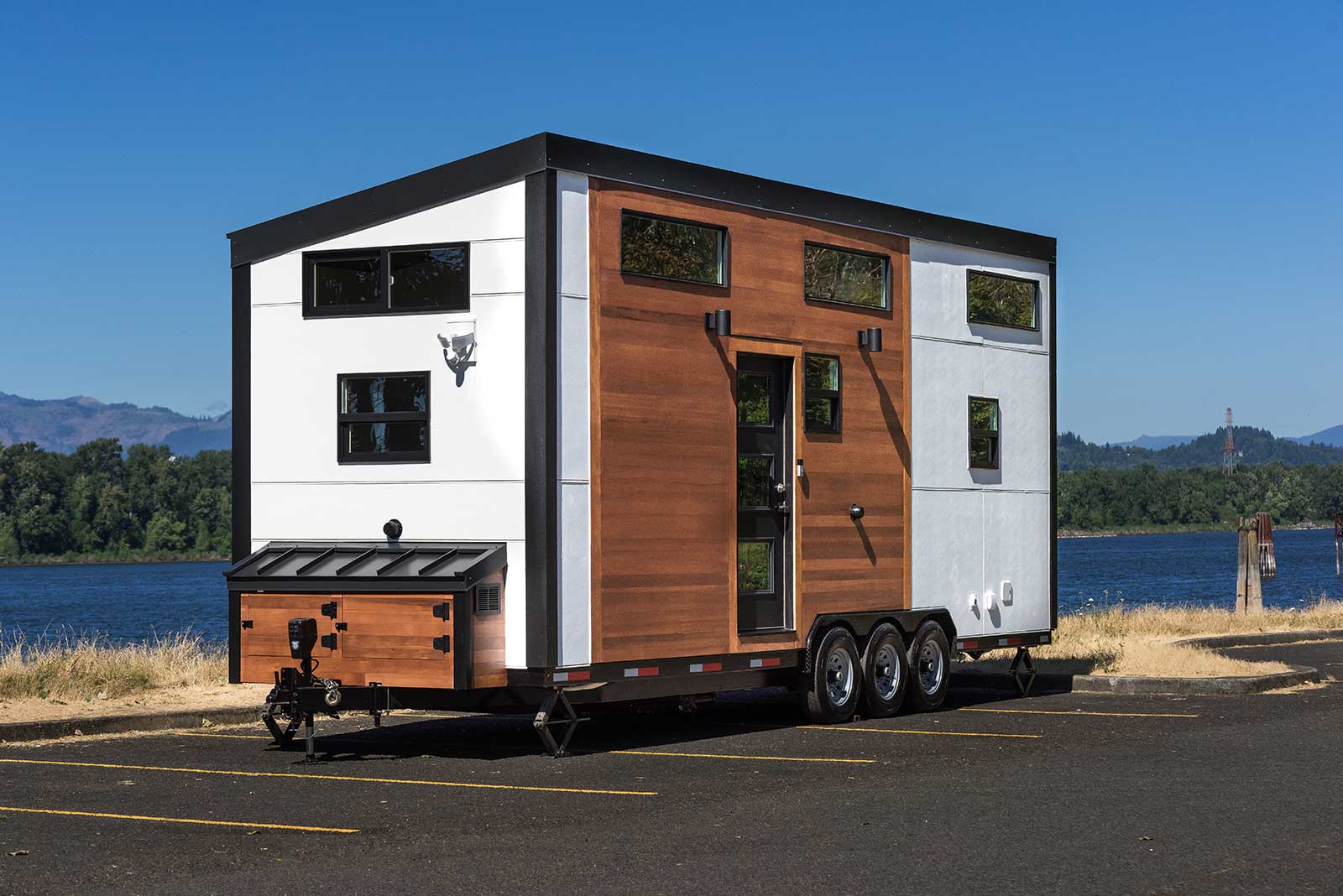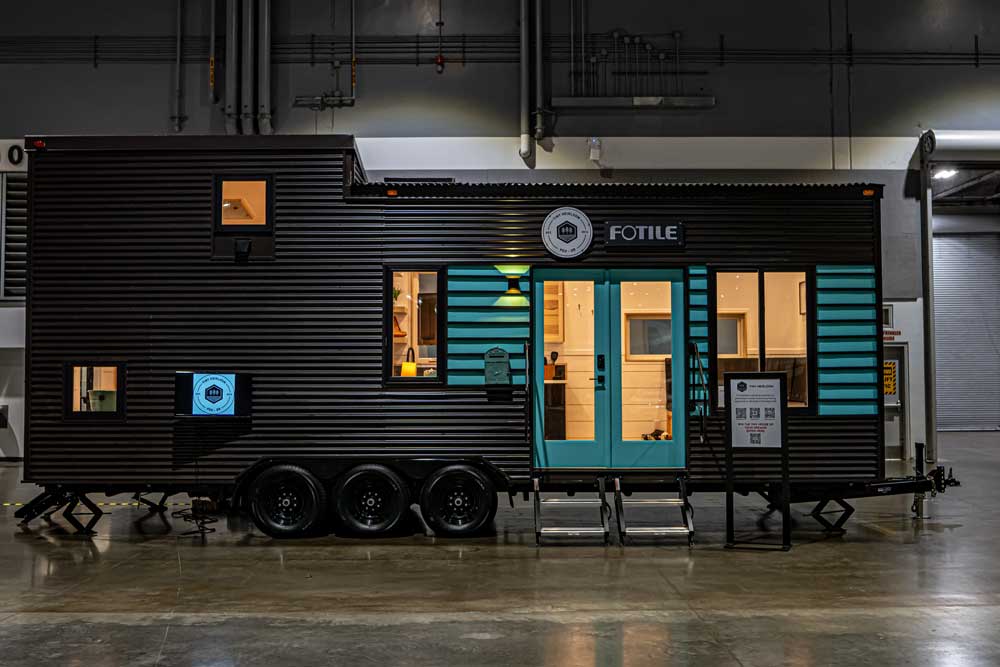
Comparing a Tiny House vs Mobile Home
The tiny house movement is on the rise: according to a 2018 survey by the National Home Builders Association, more than half of Americans would consider living in a tiny house of less than 600 square feet. Mobile homes, also known as “manufactured homes”, have been widely used for decades but have also gained popularity in recent years, housing over 20 million Americans in 2019. Small-scale living, whether in a tiny house or mobile home, is popular for many reasons – financial, practical, ethical, environmental, even emotional – but there are several key differences between the two lifestyles. This article will provide an overview of the two options, tiny house vs mobile home living, to help you determine which is best for you!
Tiny House vs Mobile Home: Introduction
Before dissecting the differences between tiny houses and mobile homes, let’s take a look at some of the main similarities. Most obviously, both styles of living are smaller than the average home, making them great options for those looking to downsize. Additionally, both are full of options for customization and can be designed to suit many different styles and needs. Finally, both options are less expensive than the average home and are not usually subject to a property tax, making them an attractive financial move.
Mobile Home Benefits
Pros of mobile home living:
- Affordability: Mobile homes can be purchased for as little as 25 thousand dollars. More luxurious, family-friendly mobile homes cost around 60 thousand on average. Tiny homes can also be purchased for a range of prices, but usually cost more, around 75 thousand on average.
- More space: Mobile/manufactured homes tend to have more space than tiny homes, making them a more comfortable option for larger families.
Cons of mobile home living:
- Despite the name, mobile/manufactured homes are typically less mobile than tiny houses. Once set up, they are usually stationary and cannot be easily moved.
- Mobile homes tend to be less self-sufficient than tiny homes, requiring a dump station and other hook-ups.
- Mobile homes may require government permits for remodels and additions.
- The value of a mobile home tends to depreciate over time, typically going down the second it leaves the manufacturer.
Tiny Home Benefits
Pros of tiny home living:
- Mobility: Tiny homes can be stationary or mobile, but are typically much easier to move from place to place, making them a highly attractive option for those wanting to travel or live a more nomadic lifestyle.
- Self-Sufficiency: Tiny homes are usually designed to be completely self-sufficient, making them perfect for those who want to live or explore off the grid.
- Environmental Sustainability: The size and efficiency of tiny homes makes them more eco-friendly, as they require fewer resources to build and maintain than regular homes. Furthermore, most tiny homes have “green” features like solar panels or composting toilets. One study found that tiny home residents’ average ecological footprint was about 9.5 acres, nearly half the size of the average regular-sized home.
- Endless Options: As tiny homes gain popularity, there are more and more styles, sizes and prices available, from cozy, tiny cabins for weekend getaways to modern, architectural tiny homes for full-time living.
- Tiny homes, because of their smaller size, tend to fall outside the jurisdiction of government regulations, meaning you can more easily make renovations or extensions, though this will vary depending on your location.
Cons of tiny home living:
- Having less space than most mobile homes can make them a less attractive option for larger families.
- Typically the initial cost is higher, but keep in mind, you can save on utilities in the long-run.
Making the Right Decision
There are countless reasons to change your lifestyle and downsize, and this article just scratches the surface. Both tiny homes and mobile homes can help save you money, live more simply and bring you and your partner or family closer together. However, tiny homes in particular will help you live more freely, get off the grid, and more drastically reduce your ecological footprint, without compromising on the comforts and luxury of modern-day living!



